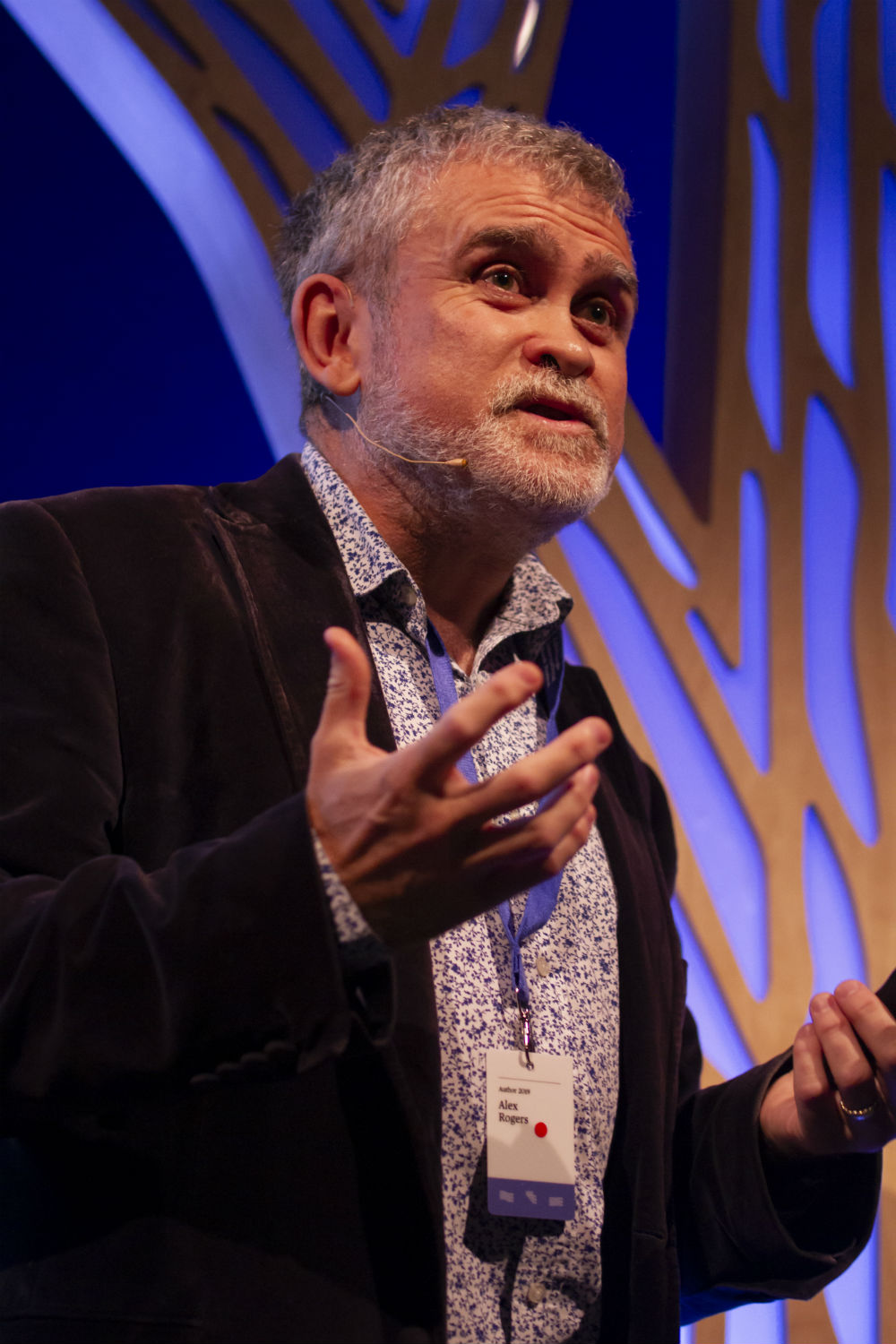In conversation with Sheena McDonald on Monday (12 Aug), Alex Rogers discussed the beauty of the world beneath the ocean and what we can do to save it – and ourselves.

His new book, ‘The Deep’ is a recounting of his underwater explorations as a marine biologist and the various exotic and, until recently, undiscovered life he found in the deep ocean.
During his conversation with McDonald, he describes how he had “seen very graphically the damage that we are doing to the ocean” during these trips – with areas being contaminated by human life long before humans ever had a chance to witness them personally.
Rogers later described how the damage we were doing to the oceans damages us on multiple levels, contaminating the food we eat and accelerating climate change.
He encouraged the audience to take matters into their own hands.
“All I can say to everyone in the room is, learn about this problem, get onto your MP’s, join organisations like WWF and actually become activists”
He offers an optimistic case study for reversing our current situation.
“You might think I should be a very depressed marine biologist, but actually I’ve seen things which give me a great deal of hope for the ocean. Antarctic fur seals were almost extinct by the turn of the 20th century having been hunted for their fur.
“Then, a few of these seals were spotted around South Georgia, and now there’s more than four million of them. It is the most startling example of recovery that I’ve seen in the ocean.”
Rogers also offers an optimistic perspective on the work being done by world governments and the UN stating:
“I’ve just reviewed the UN’s agreements over the last 50 years and it’s pretty clear that as we’ve gone through time their agreements have become more comprehensive and have resulted in real action.”
He mentions some of their future goals and a new plan to cull the destruction of reefs and sea life by the fishing industry:
“People are already talking about a new target for protection, of 30 by 30, so 30% of the ocean protected by 2030.
“I’ve just produced a report about what that 30% might look like on the high sea’s and what you end up with is these kind of islands where trawling and fishing can go on, but surrounded by areas of protection”
There are aspects of the damage done that Rogers seems to deem irreversible, or at least not yet fully understood. He mentions the fact that there is “a missing fraction of plastic.
“We know how much is going in, we can measure how many large plastic pieces are on the surface of the ocean and those numbers simply do not add up.”
He elaborates that this is likely an issue of these plastics being broken down into microplastics which as well as being “in our sea food and not just in the stomachs of our fish” has potentially been contributing to the damage to the ozone layer.
This is a question Rogers will be trying to answer with the newly founded organisation Revocean, which plans to construct a 180-metre research vessel with the aim to find the answers and solutions to many of the ocean problems.
This project is funded by a “billionaire who made a lot of money in the maritime industries and has decided to put that money back into the ocean.”
‘The Deep’ was published this April and is available to buy now.

